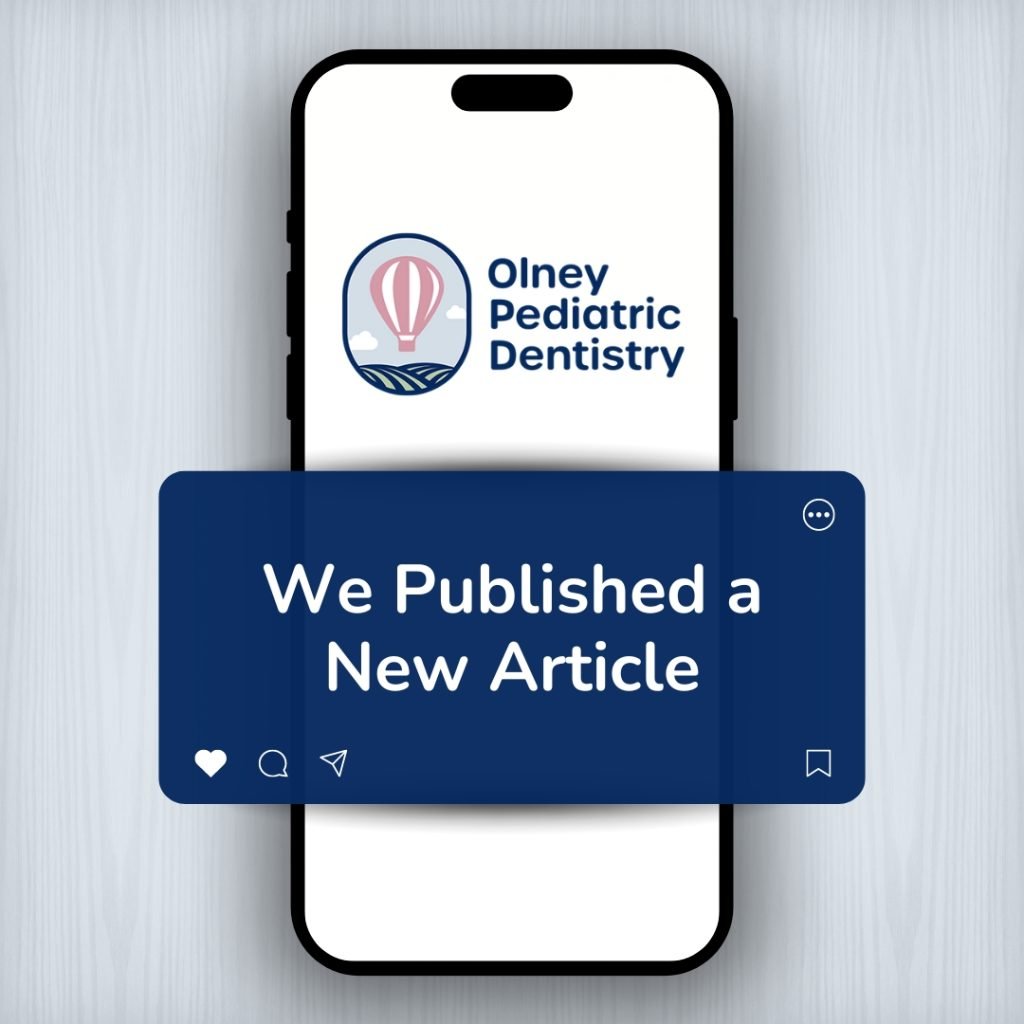
Watching your child grow is a wonderful experience, and one of the milestones you’ll encounter is their teeth development. From the first tooth to their permanent smile, understanding the stages of oral development will help you support your child’s dental health. At Olney Pediatric Dentistry, we guide parents through every stage to ensure optimal oral health for their children.
Birth to 3 Years Old: Baby Teeth Emerge
The first few years of your child’s life are crucial for the development of their primary (baby) teeth. These initial teeth play several important roles, such as:
- Helping with chewing and speaking: Baby teeth allow your child to eat solid foods and begin forming words.
- Maintaining space for adult teeth: Baby teeth hold the spots for permanent teeth that will grow in later.
- Contributing to facial appearance: These teeth affect how your child’s face develops.
Even though these teeth will eventually fall out, taking care of them is vital for your child’s overall oral health.
3 to 6 Years Old: All 20 Primary Teeth
By the time your child reaches 3 years old, they will likely have a full set of 20 primary teeth. At this stage, it’s important to begin establishing good oral hygiene habits.
- Brushing: Make sure your child brushes their teeth at least twice a day.
- Flossing: Begin flossing once their teeth start to touch each other to help prevent plaque buildup.
Encouraging your child to take responsibility for their dental care will set the foundation for lifelong oral health.
6 to 12 Years Old: Transition to Permanent Teeth
Between the ages of 6 and 12, your child will start losing their primary teeth, making way for permanent (adult) teeth. This stage can take several years, but it’s a key period for maintaining oral hygiene as:
- Adult teeth move into place: The first permanent teeth typically appear around age 6, with the rest following in stages.
- Monitoring dental health: As adult teeth come in, they need to be properly cared for to ensure they are healthy and properly aligned.
Regular dental visits at Olney Pediatric Dentistry will help ensure your child’s teeth are developing correctly.
12 to 17 Years Old: Maintaining Permanent Teeth
By age 12, your child will likely have most of their permanent teeth. As their adult teeth settle into place, it’s important to focus on their long-term health. Encourage your child to:
- Avoid excessive sugar: Sugar can lead to cavities, which can affect their adult teeth for life.
- Wear mouth guards during sports: Protecting teeth during activities can help prevent damage.
- Monitor for crooked teeth: If you notice alignment issues, consult with our Olney pediatric dentist to discuss orthodontic options.
17 to 21 Years Old: Wisdom Teeth
The final teeth to appear are the wisdom teeth, usually around age 17. In many cases, wisdom teeth can cause overcrowding or misalignment, so we may recommend removing them to maintain a healthy smile.
Supporting Your Child’s Dental Development
Each stage of your child’s teeth development is important, and the care you provide now will impact their dental health in the future. At Olney Pediatric Dentistry, we are here to help guide your child through every stage of their oral health journey. Contact us today to schedule your child’s appointment and ensure their smile stays healthy and strong for years to come!





